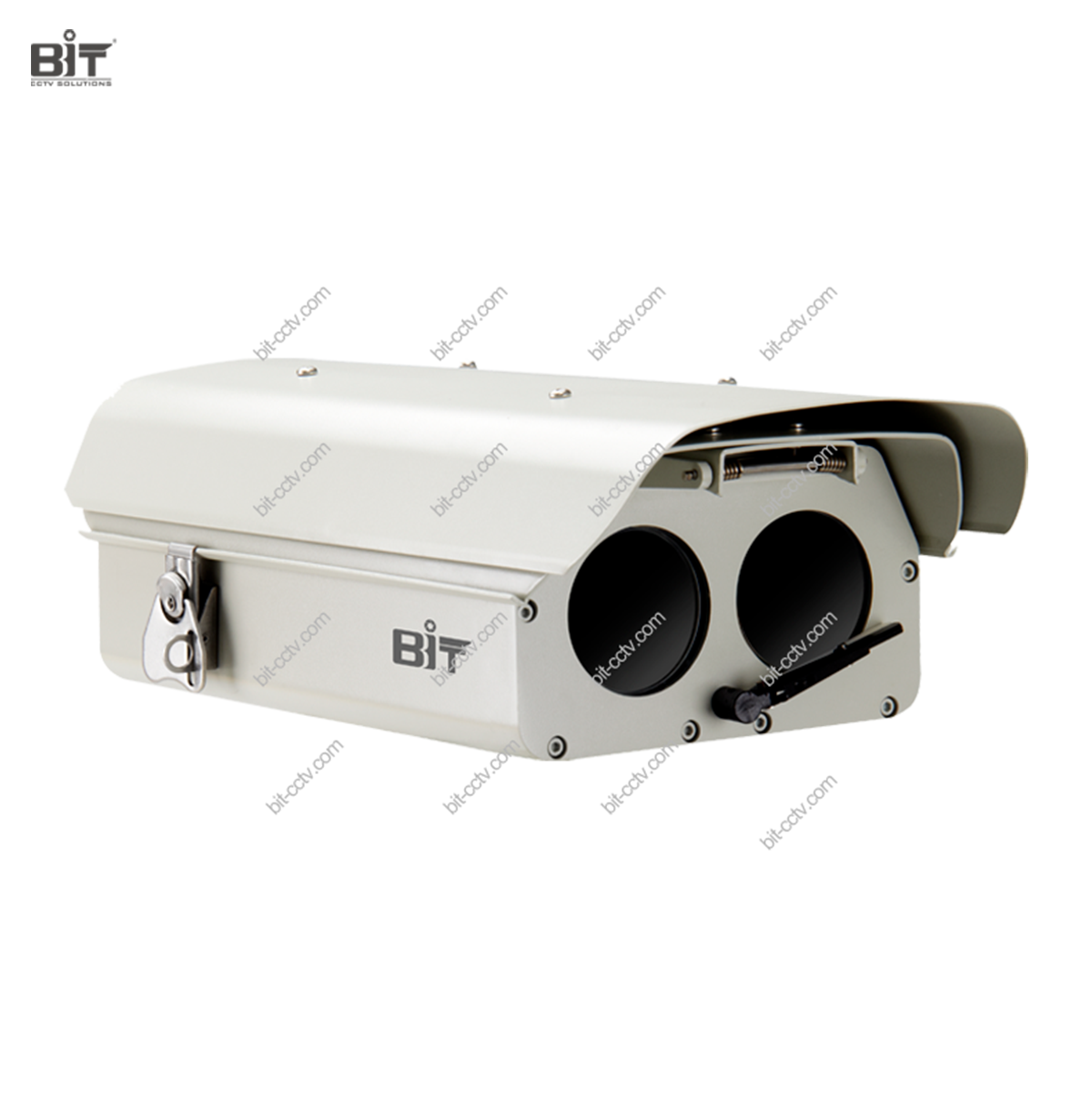Dual Window Camera Housing Design and Applications

# Dual Window Camera Housing Design and Applications
## Introduction
The dual window camera housing is an innovative solution that has gained significant traction in various industries. This specialized enclosure allows cameras to capture high-quality images through two separate optical windows, enabling unique applications that single-window housings cannot achieve.
## Design Features of Dual Window Camera Housings
### Structural Integrity
Dual window camera housings are engineered with robust materials to withstand harsh environments while maintaining optical clarity. The housing typically features:
– Reinforced aluminum or polycarbonate construction
– Precision-machined window openings
– O-ring seals for waterproofing
– Thermal management systems
### Optical Considerations
The design must account for several optical factors:
– Anti-reflective coatings on both windows
– Parallel alignment of optical paths
– Minimal distortion across both viewing angles
– UV/IR filtering options
## Key Applications
### Industrial Inspection Systems
Dual window housings excel in manufacturing quality control:
– Simultaneous top and side view inspection
– 360-degree product verification
– Defect detection from multiple angles
### Underwater Imaging
Marine researchers utilize these housings for:
– Stereo imaging of marine life
– Simultaneous macro and wide-angle capture
– Dual-spectrum imaging (visible light + other spectra)
### Security and Surveillance
The technology enhances monitoring capabilities:
– Cross-angled observation points
– Reduced blind spots in critical areas
– Dual-spectrum threat detection
## Advantages Over Single Window Solutions
The dual window approach offers several benefits:
– Increased field of view without moving parts
– Simultaneous multi-angle capture
– Reduced equipment footprint
– Enhanced data collection efficiency
– Improved situational awareness
Keyword: dual window camera housing
## Future Developments
Emerging trends in dual window camera housing technology include:
– Smart glass integration for adjustable transparency
– AI-assisted image stitching from dual feeds
– Miniaturization for drone and robotics applications
– Advanced materials for extreme environments
## Conclusion
Dual window camera housing technology represents a significant advancement in optical enclosure design. By enabling simultaneous multi-angle imaging in a single compact unit, these housings open new possibilities across industrial, scientific, and security applications. As materials and optical technologies continue to evolve, we can expect even more innovative uses for this versatile imaging solution.